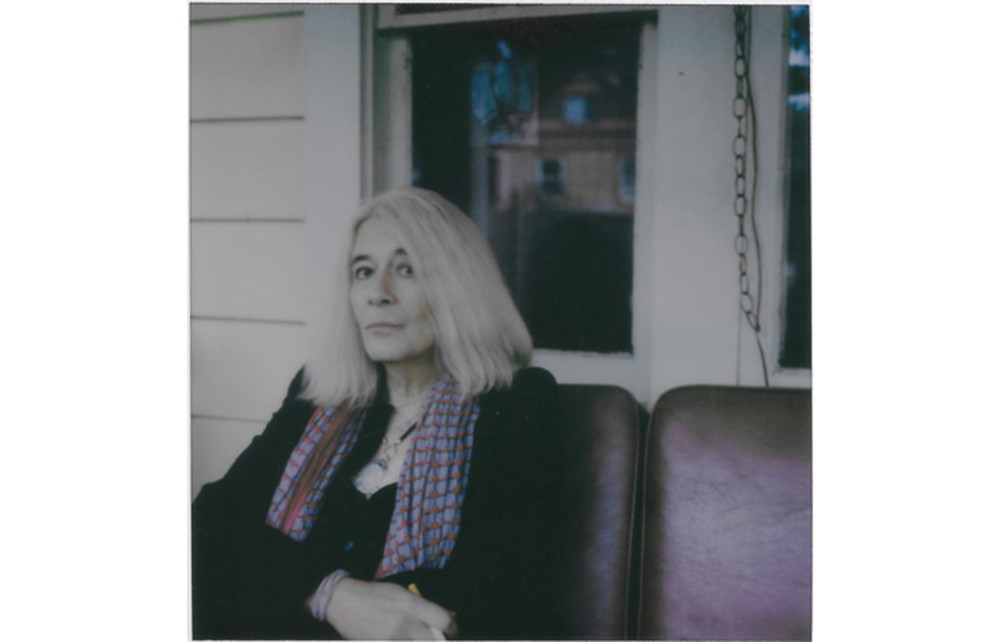Lucy Sante concludes her thoughtful and occasionally poetic memoir with the words: ‘Now I have been made whole.’ Before transitioning at the age of 66 she had lived her life as a deeply divided man. This is an affecting book that could help move the trans debate forward from its currently undignified state of abuse and polarity.
Sante interweaves the story of the first 18 months of her transition with that of the first three decades of her biography. Her parents emigrated to New Jersey from Belgium, initially when she was four (there were subsequent toings and froings). She writes a lot about her identity as a working-class Walloon, an ‘only child of isolated immigrants’, and notably about her relationship with her pious, difficult mother.
Sante won a scholarship to a Jesuit high school in New York City (‘my ticket out of jail’), proceeded to Columbia, and after a druggy interlude in early 1980s New York (‘the city was a vast trash heap of western civilisation’), with cameo appearances by Jean-Michel Basquiat and Nan Goldin, she progressed uptown to a job at the New York Review of Books.

Get Britain's best politics newsletters
Register to get The Spectator's insight and opinion straight to your inbox. You can then read two free articles each week.
Already a subscriber? Log in







Comments
Join the debate for just $5 for 3 months
Be part of the conversation with other Spectator readers by getting your first three months for $5.
UNLOCK ACCESS Just $5 for 3 monthsAlready a subscriber? Log in